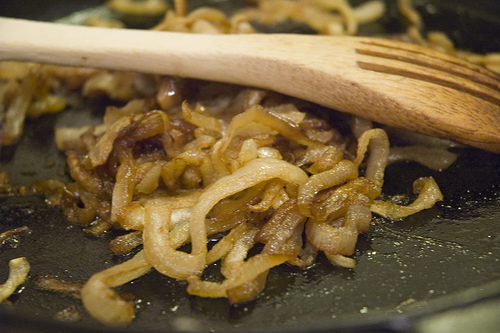
Valentine’s Day. Hearts are everywhere, in the stores, on thetelevision and in our minds. unfortunately, not everyone’s heart isso healthy.
Heart disease affects millions of people and is the leadingcause of death for men and women. February is American Heart Month,and it’s a good time to remind people of their risk of heartdisease.
Diet, exercise and genetics all play an important role in howsevere someone’s heart disease becomes over his or her lifetime.there are always exceptions, but the more healthy your diet and themore healthy your lifestyle, the less likely you will havesignificant heart disease in the future.
When fatty deposits called plaques begin to block the lining ofthe arteries, narrowing of the vessels occurs, and blood cannot getthrough to the heart muscle.
The body will try to make blood flow smoothly by coating theseplaques with a thin lining of cells. However, when the vesselsconstrict, that lining cracks, which the body senses as aninjury.
The body responds by sending cells such as platelets to makerepairs. These cells block the vessels even more, furtherdecreasing blood flow, causing the heart tissue to get less oxygenand nutrients, and leading to chest pain.
This chest pain means that tissue is dying, and it signals thatthe patient should get medical attention quickly.
One of the symptoms of a heart attack is pain or discomfort thatfeels like pressure or squeezing in the center or left side of thechest. It may radiate into the jaw like a sore tooth, or to the armand shoulder. It usually lasts more than a few seconds and can last20 to 30 minutes or more.
Shortness of breath is sometimes associated with this pain.sometimes the patient can be nauseated, have cold sweats, and bepale or lightheaded. usually it occurs during exertional activity,but it also may be brought on by significant stress.
Unfortunately, heart attack symptoms may not be exactly asdescribed; the pain may be sharp, may not radiate, or the patientmay not have nausea. or it may feel entirely different, like afeeling of indigestion after eating or going for a short walk.
If you think you are having a heart attack, call 9-1-1. Don’tdrive yourself to the hospital, and don’t have someone else driveyou, either.
Stop whatever you are doing and sit down. take an aspirin if youare not allergic to it. It tastes bad, but chewing the aspirinhelps it get into your system faster.
The ambulance and the hospital will do an EKG — a heart tracingthat allows the doctor to see what damage is being done. they willgive you medications, such as nitroglycerin to help relax thevessels of the heart. they will decide if you need clot-bustingdrugs, a catheterization of the arteries to clear them, or to beadmitted and see a cardiologist for further workup.
Hopefully, you will not have any of these experiences, and theonly heart problem you will have is finding someone to be yourvalentine. but in the meantime, get regular exercise, eat a lowsalt and low fat diet, and don’t smoke. Your heart will thankyou.
Dr. Mark Levine is a Washington University emergencydepartment physician at Barnes-Jewish Hospital.